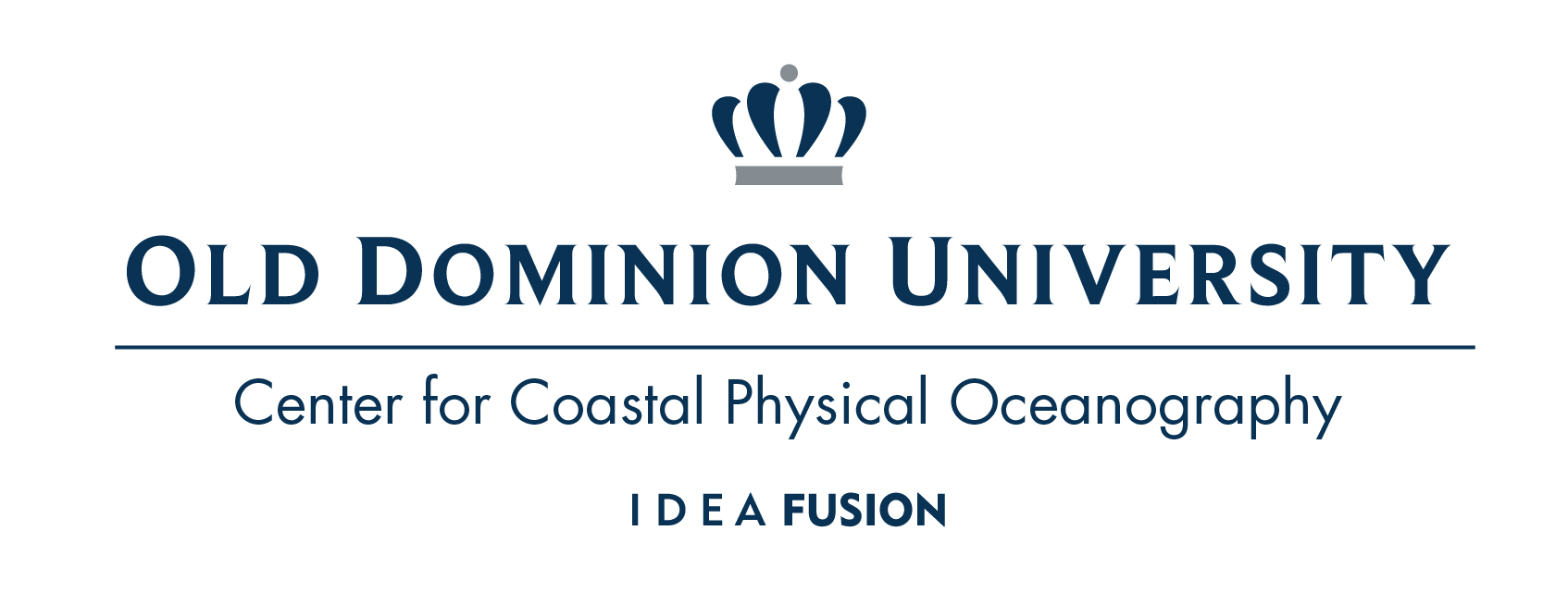It is estimated that 50% of the world's population lives in a
coastal zone, with a majority of this coastal population residing in and
around urbanized estuaries, due primarily to the proximity of maritime
transportation and port facilities. This concentration of population, and
particularly of maritime transportation infrastructure and operations, leads
to pressures on coastal ecosystems and vulnerability to coastal hazards.
There is also a significant economic vulnerability in these concentrations
since 90% of global commerce and 95% of US international trade relies on
maritime transportation and its supporting distribution and industry
infrastructure. Threats to ports and the maritime transportation system
include those from climate change and associated sea level rise. The USF
Center for Maritime and Port Studies is addressing these and other threats
through research, education, and professional training on security,
sustainability, and resilience of the maritime transportation system and
related activities, including test and evaluation of maritime security and
environmental monitoring technologies.
Dr. Luther received his doctoral degree in Physical Oceanography from the University of North Carolina at Chapel Hill in 1982. Dr. Luther is an Associate Professor and director of the Ocean Monitoring and Prediction Lab and director of the Center for Maritime and Port Studies at the University of South Florida's College of Marine Science. Dr. Luther co-directs the Coastal Ocean Monitoring and Prediction System for West Florida (http://comps.marine.usf.edu) with Dr. Robert Weisberg. Dr. Luther's research involves the combination of real-time ocean observations from numerical models of ocean currents and processes and their application to various problems ranging from maritime safety and security to water quality in estuaries and effects of climate change. He has provided operation and maintenance support for the NOAA/NOS Tampa Bay Physical Oceanographic Real-Time System (http://tbports.org/) since 1995. He was a member of the committee that selected and oversaw implementation of the first Automated Identification System (AIS) for Tampa Bay vessel traffic in 1998. He presently serves on the Tampa Bay Harbor Safety and Security Committee Vessel Movement Committee, the DHS Area Maritime Security Committee, and the Tampa Bay Regional Planning Council Agency on Bay Management. Dr. Luther chairs the Science Advisory Council for the International Seakeepers Society, an organization that promotes oceanographic research, conservation, and education through direct involvement with the yachting community. He works closely with the Tampa Port Authority, the Tampa Bay Pilots, US Coast Guard, and other maritime interests on environmental issues affecting and affected by the maritime transportation operations and infrastructure. Dr. Luther is an avid boater with both power and sail boats and holds a US Coast Guard Captain's License.

|
CCPO Innovation Research Park Building I 4111 Monarch Way, 3rd Floor Old Dominion University Norfolk, VA 23508 757-683-4940 |

|